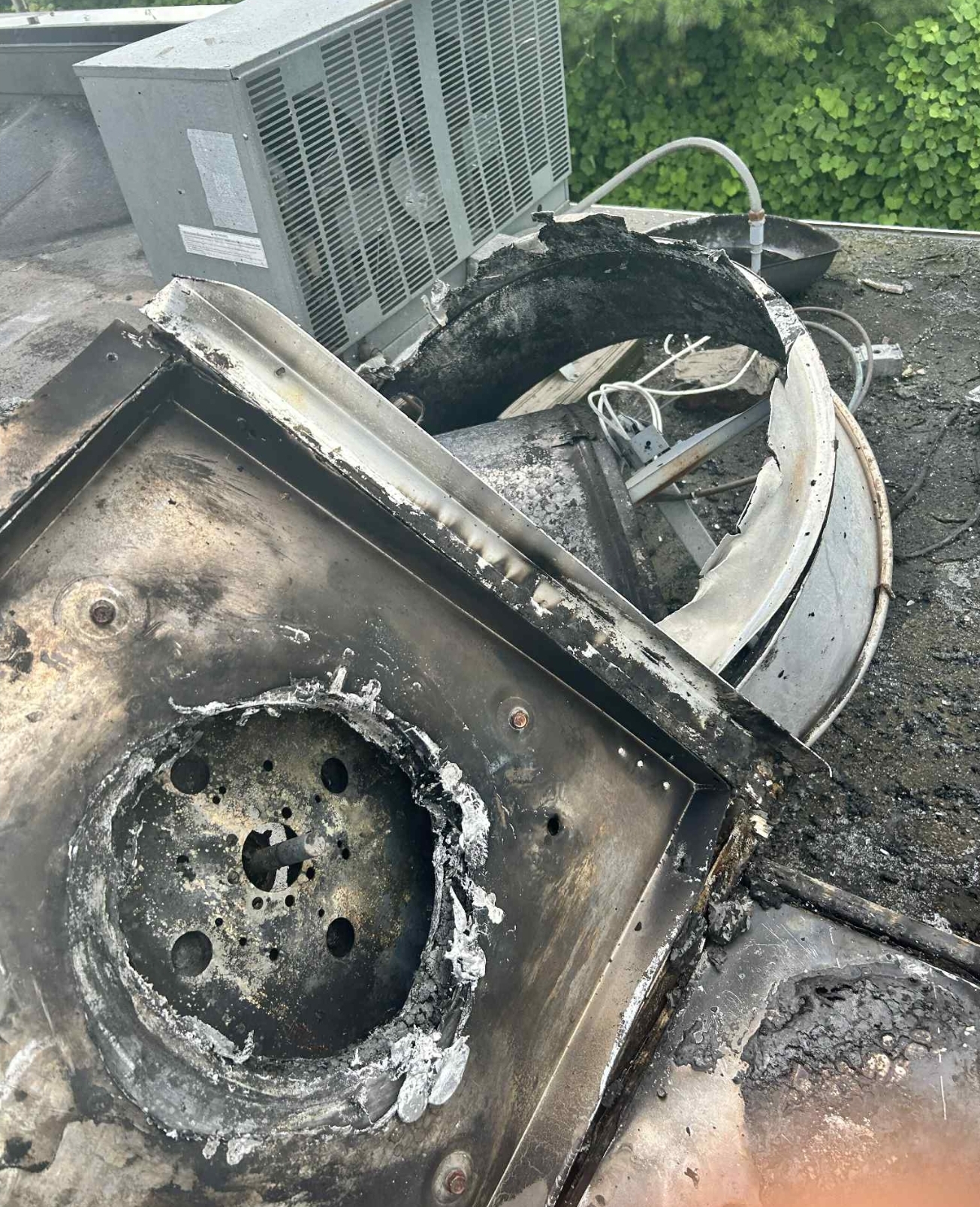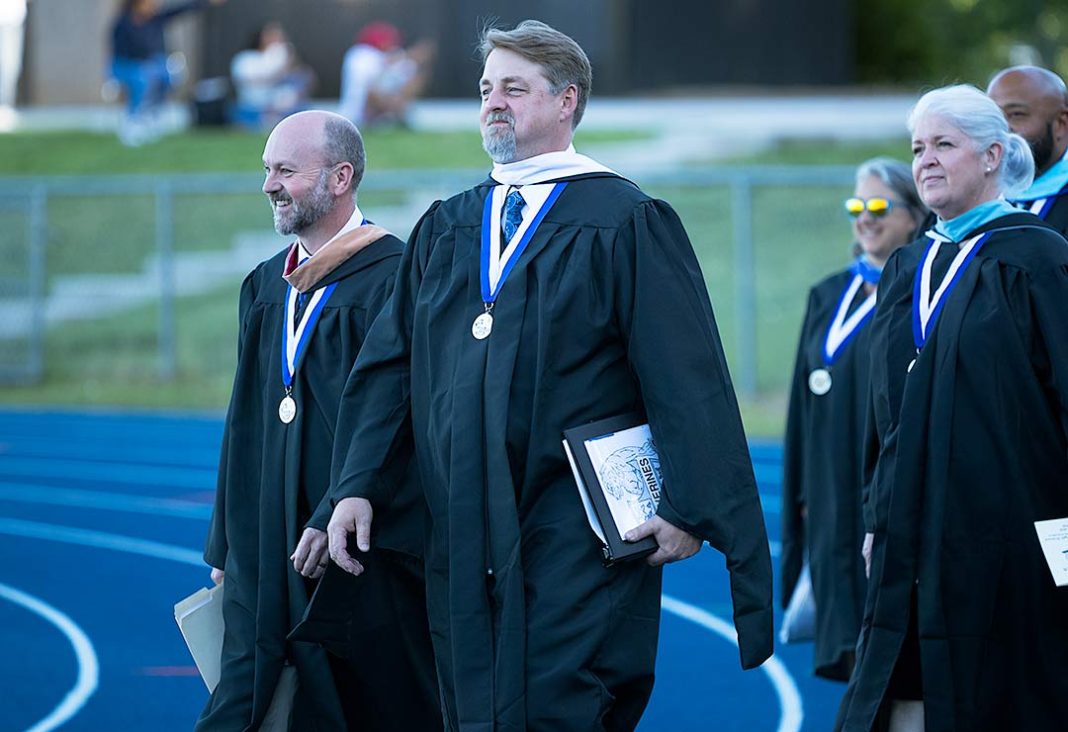PTSD dramatically affects victims
Published 10:06 am Friday, June 29, 2012
PTSD is simply an injury of the capacity of the autonomic nervous system (ANS) to balance itself. This ANS system could be compared to a teeter-totter. On one side is the emergency system (Sympathetic) and the other side is the relaxed system (Parasympathetic). The first allows quick release of hormones that arouse the body. The second encourages relaxation, digestion and sleep. When things are normal, they are balanced; in PTSD the system loses this capacity to balance itself automatically, hence problems sleeping, concentrating and flashbacks. One loses trust in one’s body’s ability to be emotionally reliable, hence many folks withdraw. It happens because the primitive brain is designed for survival and remembers the “worst case scenario.” Animals, after they survive an attack, crawl away and shake out the tension. Humans don’t do this, they solider on, whether soldiers or civilians. Hence the ANS has no release, tension remains and results in future lack of flexibility of response.
I think we all appreciate how difficult it is when our health is affected. Usually, there is a lot we can do to help ourselves. One of the frustrations of people with PTSD is that progress is slow, and they have to move against their tendency to withdraw and isolate because they no longer feel they can trust their body to respond normally. Now I am referring to people that have been dealing with the problem for years. Soon after the trauma sometimes remarkable reversals can happen because the nervous system hasn’t gotten into a rut, so to speak. This is a challenging disorder and one that more people may bear than most of us realize.





